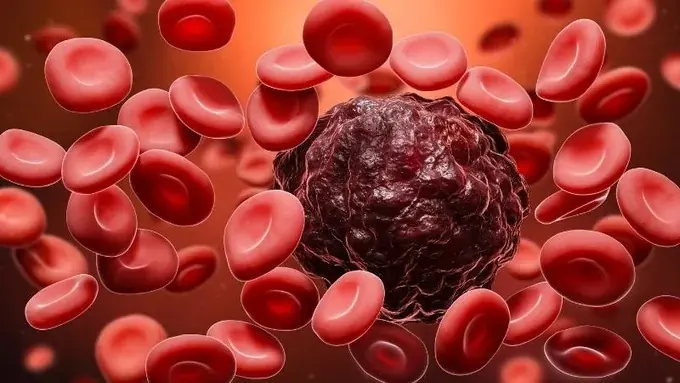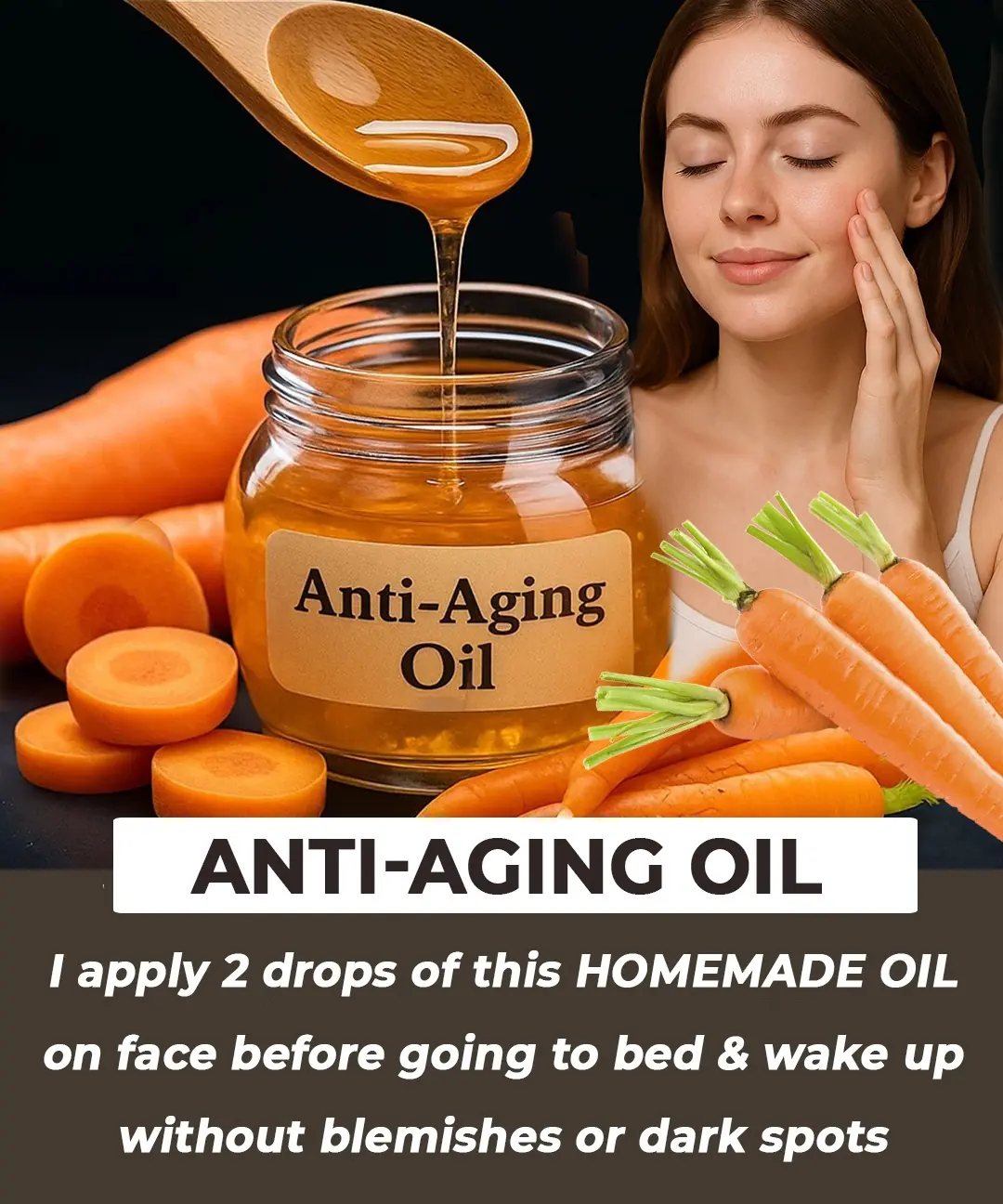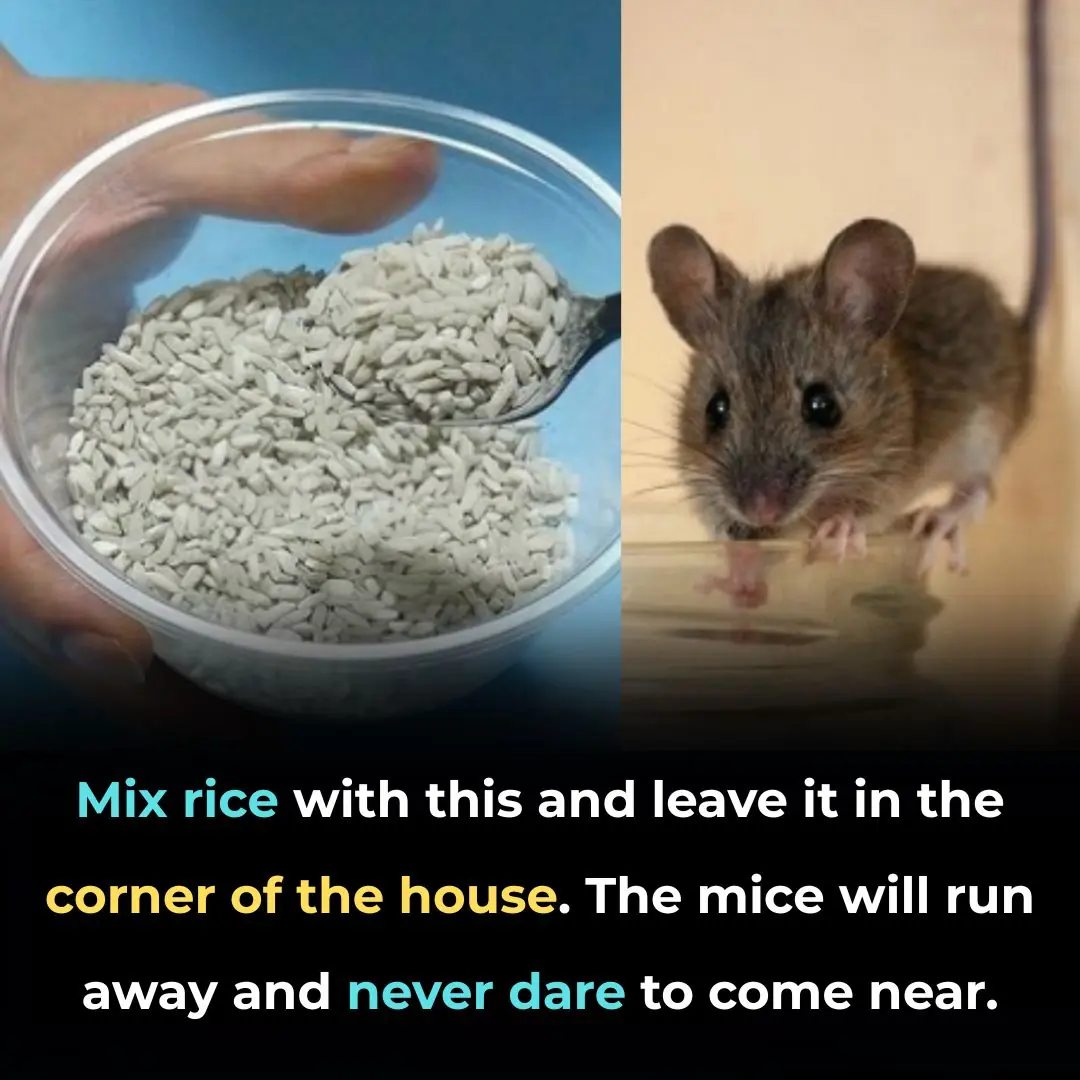
Shingles Vaccine May Protect Against Dementia, New Study Suggests
Could a simple vaccine hold the key to protecting the brain against one of the most feared diseases of aging?
Most of us don't think much about the ideal time to go to bed. In our fast-paced, always-connected world, sleep often takes a backseat to work and other demands, causing our bedtimes to shift constantly.
But according to sleep science and physicians, when you sleep may be just as important as how much you sleep.

Your body runs on an internal clock known as the circadian rhythm, which is closely tied to light and darkness. This rhythm influences everything from hormone production to digestion and mental clarity.
When you regularly go to bed late, especially after midnight, you throw off this natural timing. It might seem harmless, but research shows that your body misses out on some of its most important biological recovery processes, which typically happen earlier in the night.
Dr. Saurabh Sethi, a gastroenterologist, has noticed a pattern in his patients: a rise in digestive issues, mood changes, and hormonal imbalances are often rooted in poor sleep habits. He explains, "Sleep timing impacts everything from hormone regulation to gut function."
Regularly falling asleep after midnight can impact your health in several ways.
Staying up late disrupts the hormones that control your appetite. Ghrelin, the hormone that makes you feel hungry, increases, while leptin, which signals that you are full, decreases. This hormonal imbalance can trigger late-night cravings, increase your appetite the next day, and make you more likely to overeat.
Going to bed too late can impact your mood by disrupting serotonin levels. People who consistently stay up late often report feeling more anxious, irritable, or even depressed. Not getting enough deep, restorative sleep makes it harder to manage your emotions, and over time, late nights can contribute to anxiety and burnout.
When you sleep late, your cortisol levels can stay elevated at night. This makes it harder to fall and stay asleep. High cortisol levels can increase your daily stress, impair your immune and heart health, and contribute to high blood pressure and fatigue. Sleeping earlier helps your cortisol drop naturally, which supports better rest and a calmer nervous system.
People who regularly stay up late often report "brain fog," poor concentration, and forgetfulness. This is because REM sleep and deep sleep—which are critical for learning and memory—happen earlier in the night. Missing these stages can impair cognitive function and make it harder to think clearly and make good decisions.
While we often hear the advice to "just get 8 hours," the timing of your sleep is crucial. Aim to go to sleep before midnight—ideally between 9:30 and 11:00 p.m.—when your body is naturally primed for deep, restorative rest.
The benefits of sleeping earlier include better digestion, balanced hormones, improved memory, lower stress, and a healthier heart.
To help yourself get on a better schedule, try setting a consistent bedtime and limiting screen time at least one hour before you go to sleep.

Could a simple vaccine hold the key to protecting the brain against one of the most feared diseases of aging?

From elevated cancer rates to stress-induced cardiovascular disease, the profession carries health costs that demand greater awareness and intervention.









Catching these subtle, non-motor clues may help identify Parkinson’s long before the motor stage, opening the door to interventions that could delay its full expression.

While debate continues over its official recognition, the research shines a spotlight on the neurological toll of modern labor demands and could pave the way for tailored treatments in the future.

The study authors emphasize that these findings mark only the beginning.









Could a simple vaccine hold the key to protecting the brain against one of the most feared diseases of aging?

Avoiding purine-heavy foods like organ meats, processed meats, certain fish, and yeast-based products can help reduce flare-ups and maintain joint health.

From constant-use devices like refrigerators to high-powered kitchen tools, every household has hidden electricity traps.

From elevated cancer rates to stress-induced cardiovascular disease, the profession carries health costs that demand greater awareness and intervention.

Homemade carrot oil is a simple, nutrient-packed solution for brighter, firmer, and deeply hydrated skin. Whether you choose the slow, nutrient-preserving sun infusion or the quick simmering method, this golden oil can rejuvenate your skin from the inside











